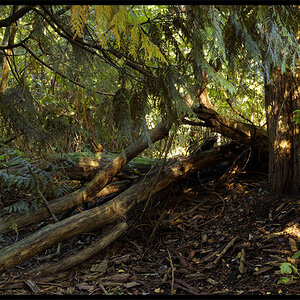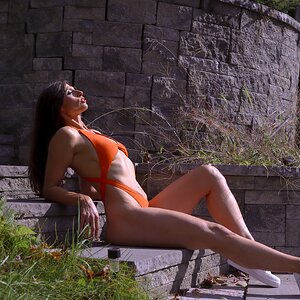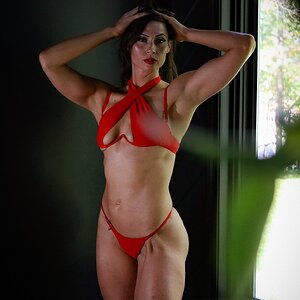craig
TPF Noob!
- Joined
- Oct 30, 2003
- Messages
- 5,600
- Reaction score
- 21
- Location
- Hermosa Beach, CA U.S.A
- Website
- craigblank.com
Excellent and cerebral discussion! In my infinite wisdom I am not sure what is being discussed. I would like to say that art can be taken on many different levels. The fact that you picked up a camera, a paint brush or sewing needle is excellent. You have chosen to represent yourself through art. Wether you decide to continue that journey is up to you. Some folks decide to become pro photogs, some are destined to take shots at birthdays etc. In the end there should be no line between amateur, professional, digi or film.



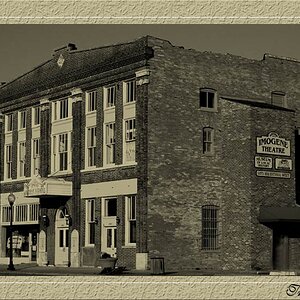

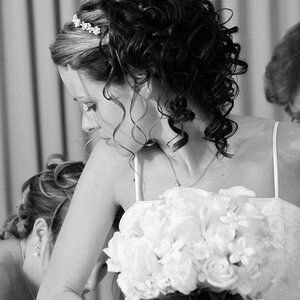
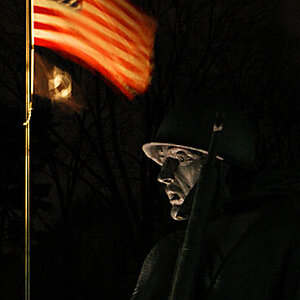


![[No title]](/data/xfmg/thumbnail/41/41901-789e8104ff95e5862c8f07611e3c34c0.jpg?1619739938)
![[No title]](/data/xfmg/thumbnail/41/41898-2c70795ddfa6b397714acc28e3e5d36f.jpg?1619739936)
